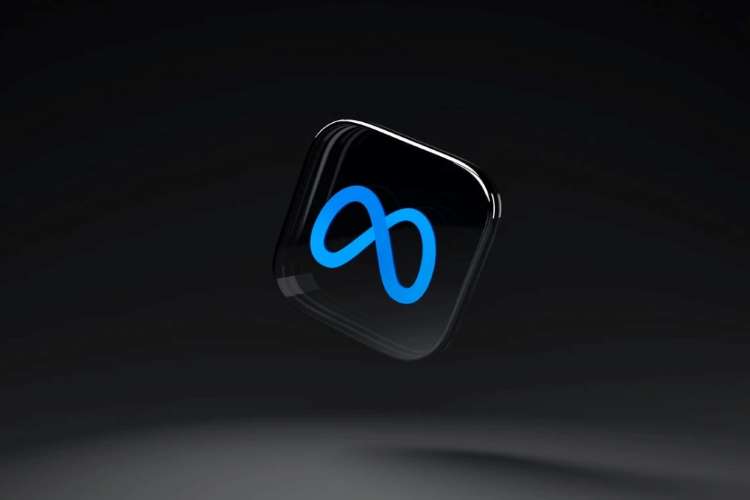
Facebook and climate change denial: Disinformation is a major hurdle for governments and the public that makes it difficult to effectively address climate change. Even as the scientific community comes up with irrefutable proof of human activity affecting climate, there is an industry peddling content that denies climate change and distracts users with misinformation and greenwashing techniques. A report published on Wednesday by human rights body Global Witness holds Facebook, the largest social network, as one of the major culprits responsible for the disinformation on climate-related topics.
In a globally publicised congressional testimony last year, Facebook CEO Mark Zuckerberg admitted that climate disinformation is a big problem on the social network. Following the testimony, Facebook set up a climate science centre to offer scientific information on climate change and started flagging posts on the subject. The Global Witness report says all such efforts by Facebook amount to nothing. It says that the network’s algorithm leads climate sceptics to disinformation by conspiracy groups.
READ I Climate change: IPCC report warns of closing window of opportunity
Global Witness created two fake profiles, Jane and John, to track content suggested by Facebook. Jane’s account started with liking a few popular Facebook pages that expressed scepticism on climate crisis or its links to human activity. The profile started seeing content that called climate change a hoax or denied its links to human activity. In two months, the profile started to receive anti-science content, says the study. Two-thirds of such content did not have a warning label from Facebook’s climate science centre.

Scientists handling John’s profile started the Facebook journey by liking the page of the Intergovernmental Panel on Climate Change (IPCC), a UN body that promotes scientific content on climate crisis. Not surprisingly, John started receiving reliable scientific content. When the researchers pretended to be climate change sceptics, Facebook pushed content that denied the role of human activity in global warming and was against climate crisis mitigation efforts. The content served was aimed at polarising the discussion on the topic and demonising environmental movements.
READ I Hydrogen fuel cell cars make small gains amid EV surge
Facebook algorithm and climate change
Facebook’s algorithm promotes content that is polarising as it is designed to maximise the time users spend on the network, prodding them to interact with the content by liking and sharing it. The longer people stay on the network, the more revenue-generating ads can be shown. As people skim through the content presented to them, the network also collects data on them to target the content and ads better. Based on your behaviour while browsing, the algorithm understands the users’ preferences and pushes content that they enjoy.
The study found that despite the platform’s claims, the Facebook algorithm continues to recommend content suggesting that the climate crisis is a hoax, climate scientists are biased and the models they use are inaccurate. This becomes a vicious circle and Facebook pushes users into filter bubbles where they get information that supports their opinions. This means that the algorithm offers different content to two users with divergent views on the same topic.
The study shows that those who back climate denial are served with more disinformation and are pushed to communities inimical to climate science. Facebook says that it is flagging more stories on climate with information labels than earlier. But its algorithm packages stories on ecology with those that spread fear of minorities and migrants and serves such content to people holding far-right ideas. This helps climate denial and disinformation to spread to fresh audiences.
Various studies have proven that disinformation contributes to public polarisation on the climate crisis and shapes popular perception of climate science. People consuming such content are likely to oppose mitigation policies, stopping policymakers from taking meaningful steps to curb global warming. Policymakers will find it difficult to take decisive steps to protect humankind from the effects of climate change unless there is shared concern.

